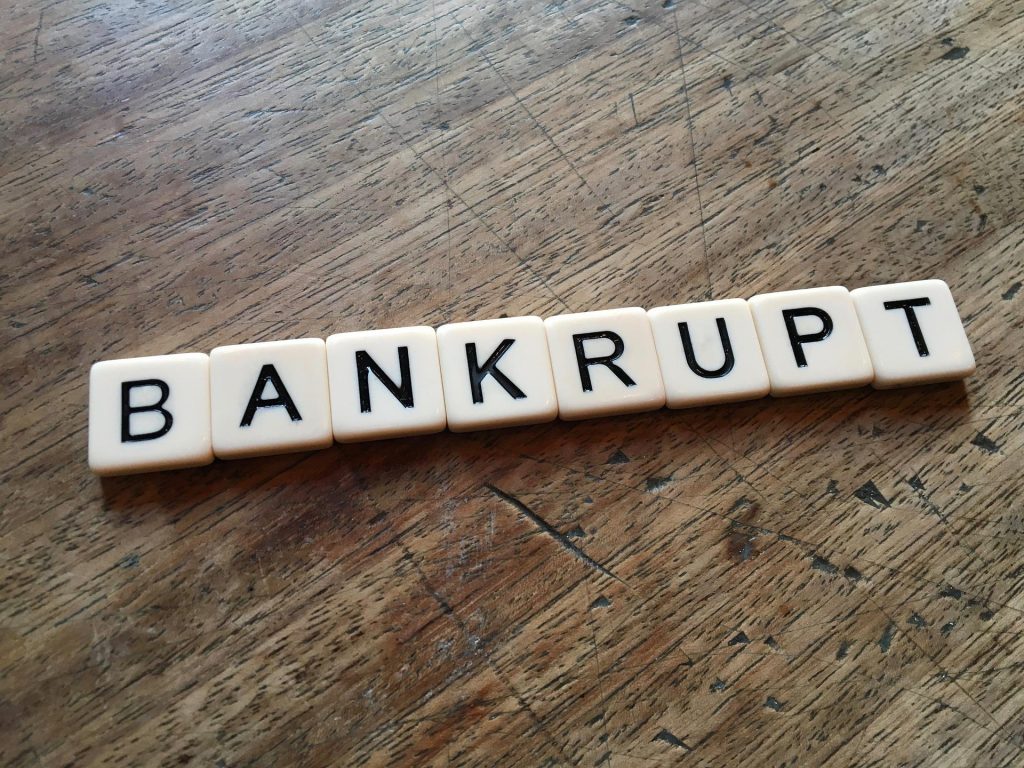What is the role of the trustee in bankruptcy? The trustee is an entity or person appointed to oversee the trustee’s duties in bankruptcy. They get nominated by a federal or state bankruptcy court to administer the debtor’s affairs during a bankruptcy proceeding or after the debtor’s discharge from bankruptcy. Trustees come in two different types: Chapter 7 trustees and chapter 11 administrators. A bankruptcy trustee gets appointed by the court to handle the assets of a bankrupt person or company for the benefit of creditors. It includes selling property and recovering money for distribution to creditors by paying fraudulent transfers and breaches of fiduciary duty. Distributing money to those in debt is called “rehabilitation.”
When someone files for bankruptcy, there can be three different people involved in this process: bankruptcy trustee, Creditor, and Debtor. A bailiff is an officer who works under the trustee and is responsible for the physical administration and management of the estate. A trustee is required in almost all bankruptcy matters. A bankrupt person is generally unable to oversee the administration of their bankruptcy as they would be considered a conflict of interest. The bankruptcy estate must remain independent from the bankrupt person as administration fees, costs, and other debts get pursued.
Table of Contents
Role of a Trustee
If you file bankruptcy, a trustee gets assigned to your case. The bankruptcy trustee’s job is to protect the interests of everyone involved in your bankruptcy. A trustee is a person who is one of the parties in a bankruptcy case and who represents the interests of all creditors in the debtor’s bankruptcy. The trustee’s job is to pursue claims against pre-bankruptcy debtors, collect assets for distribution to creditors, and propose a reorganization plan.
The Trustee Has Several Duties
- A trustee must examine the schedules filed by the debtor to determine if those schedules are accurate and complete.
- A trustee must appear at the meeting of creditors, take possession of any assets that may be available for distribution, and object to discharge or objections to discharge-ability of debts as appropriate.
- A trustee will investigate any potential preferences or fraudulent transfers that the debtor may have made and, finally, when appropriate, make distributions to creditors according to the priorities established by law.
- Liquidating all non-exempt assets and distributing funds from liquidated assets to creditors according to their respective interests
Who Is The Trustee Is And What Is Their Role
The role of the trustee according to the different chapters. In some instances, an individual may be appointed as a trustee and serve as a Chapter 7 or 13 debtors. The trustee’s power derives from section 701 of Title 11 and varies depending on whether it is a case under Chapter 7, 11, 12, or 13. Both administrations under Chapter 7 and Chapter 13 must obtain approval from the court to proceed with their plans. The trustees’ powers are broad and include powers as broad as selling off all of a debtor’s real property upon identifying any money owed for that real property.
In Chapter 7 bankruptcy cases, the trustee will administer your assets and sell any non-exempt property to pay back your creditors. The trustee will determine if the assets can be sold to pay back your creditors and if any debts can be paid back.
In Chapter 13 bankruptcy cases, the trustee will review your repayment plan and ensure it meets all court requirements. The trustee will also make sure that you meet the terms of your repayment plan and report this information to the court.
Finding Out Who Your Bankruptcy Trustee Is
- When you file for bankruptcy with an attorney, they will generally inform you about who your bankruptcy trustee is. Usually, a notice is sent out notifying debtors about who their bankruptcy trustee is approximately 30 days after a case has gotten filed with the court.
- The bankruptcy court clerk’s office should have a list of trustees for each district. Your bankruptcy papers will also show who your trustee is.
- You can also find a list of trustees on the United States Trustee Program website, contact information, and instructions for reaching them. If you are in bankruptcy, you can contact your trustee for general questions about your case.
The trustee is responsible for handling the bankruptcy estate (the assets you own that an official now controls) during your bankruptcy proceeding. Typically, the trustee will be an attorney or an individual appointed by a state court. The trustee is responsible for reviewing estate paperwork and moving through the Chapter 7 or 11 processes in the most efficient manner possible. A good trustee will try to speed up the process while also maximizing creditors’ recovery.

